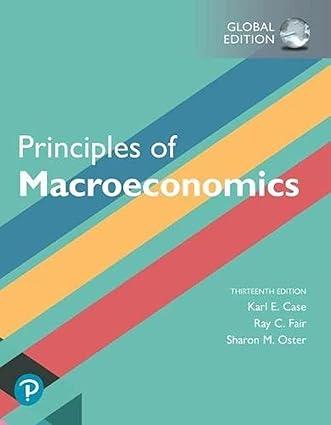It is well known that a college education, on average, increases ones income. Economists estimate that over
Question:
It is well known that a college education, on average, increases one’s income. Economists estimate that over one’s lifetime, a college degree holder will earn on average almost 70 percent more than someone with only a high school degree.
Part of the returns to a college education come from higher wages and part from being less likely to suffer long spells of unemployment. It is perhaps less well known that both wage and unemployment effects also vary considerably with the majors of college graduates. Economics is, along with engineering, one of the majors with the highest wage premia.
Recent work has shown yet another advantage of the economics major: It helps to protect graduates from the long-term effects of graduating in a recession. As Lisa Kahn found in some of her earlier work, graduating in a recession (a period of high unemployment and low economic growth) has long-term negative effects on one’s career. One’s first job under these circumstances tends to be worse than otherwise, and this bad placement affects the next few job opportunities and hence one’s lifetime earnings. But Kahn’s recent work suggests that the extent of this long-term recession handicap varies considerably with one’s major. Majors like economics are less hurt by graduating in a recession than sociology or journalism, for example. Learning to think like an economist not only generates a higher wage but provides insurance against volatility in the economy!

CRITICAL THINKING
Why does a recent graduate’s first job matter for his or her long-term earnings, even if he or she only stays at that job for three years?
Step by Step Answer:

Principles Of Macroeconomics
ISBN: 9781292303826
13th Global Edition
Authors: Karl E. Case,Ray C. Fair , Sharon E. Oster





